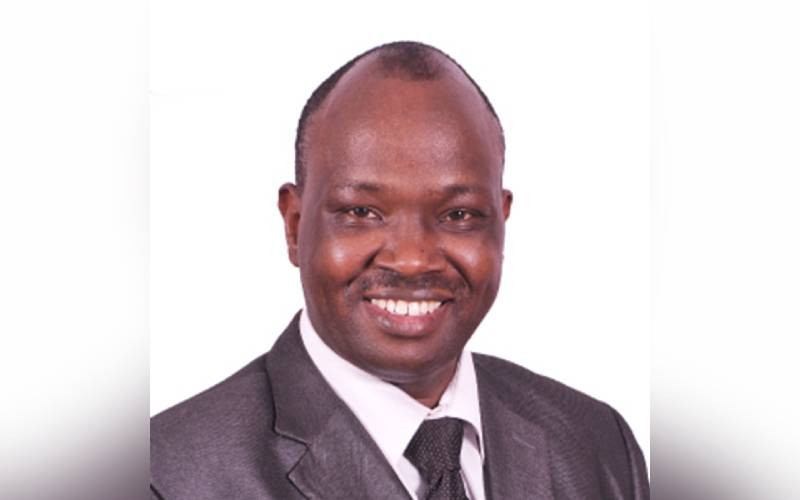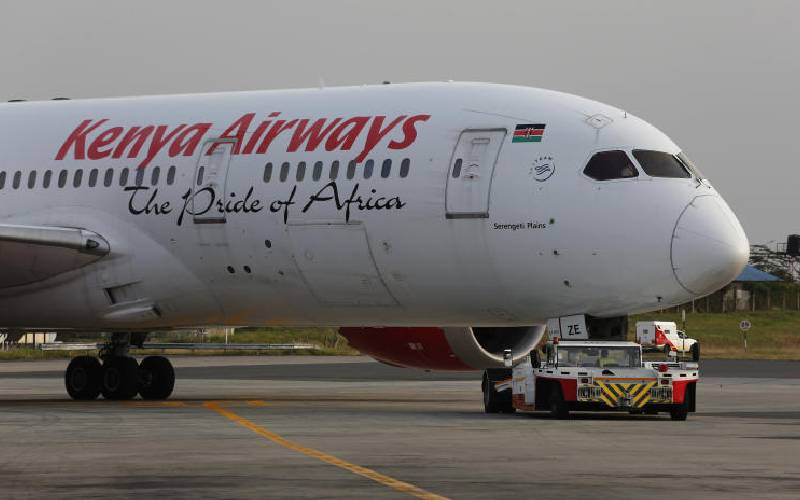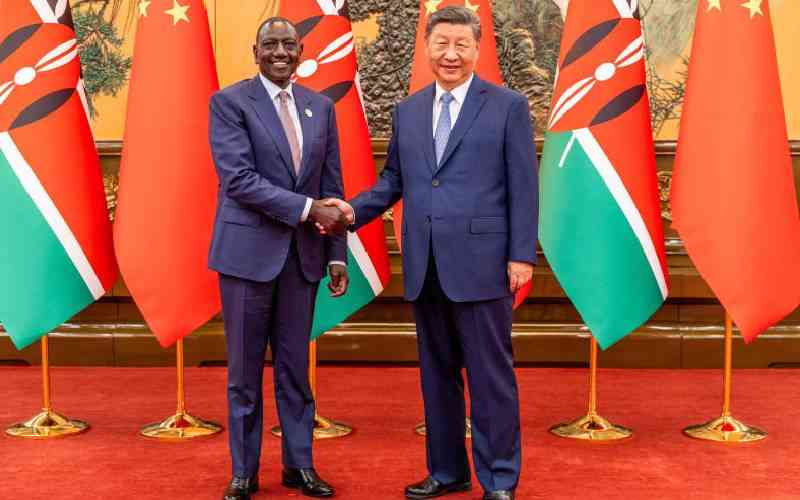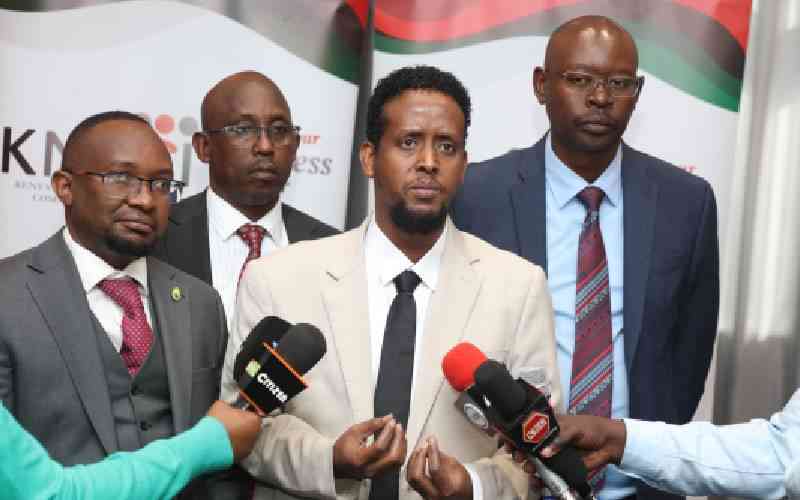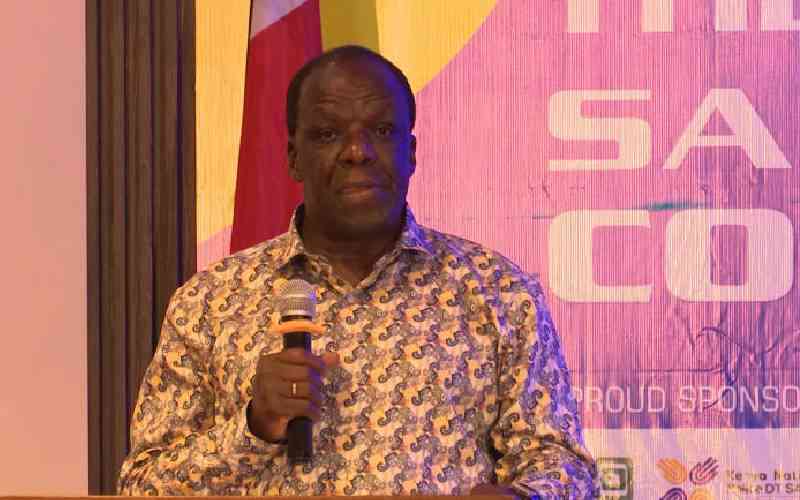
If you are a member of a Sacco (Savings and Credit Cooperative Societies) awaiting your 2024 returns on your savings, you might be in for a disheartening surprise. You might receive less than you expected. A directive from Sacco Societies Regulatory Authority (Sasra) has advised Saccos that have money invested in the Kenya Union of Savings and Credit Cooperatives (Kuscco), to make provisions for loss in their accounts.
The directive came after reports of massive fraud at Kuscco, the latest seeing arrest warrants issued and a damning PWC forensic report disclosing that a Sh13.3 billion loss was concealed using a deceased auditor's signature.
